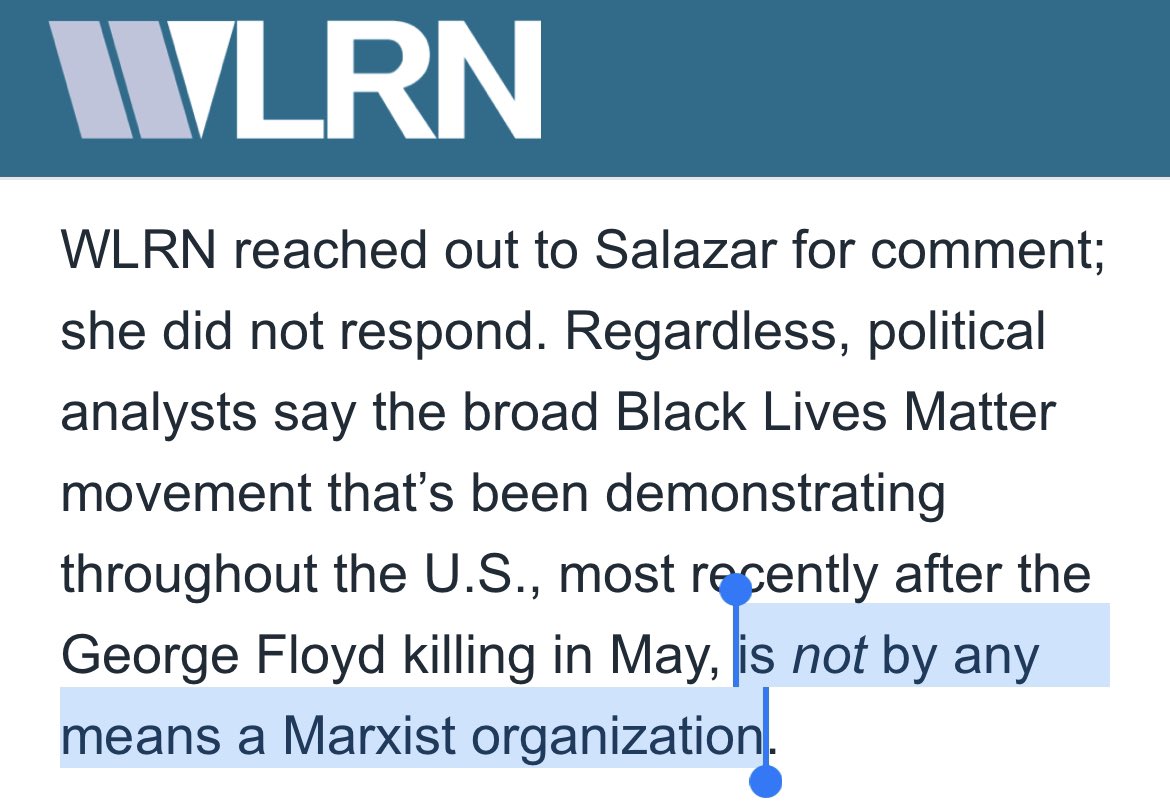
.@krystalball and @esaagar seemed genuinely surprised that there are many Cuban Americans who would be willing to risk their lives to free their homeland if it came to that. They may want to try Googling: "Brigade 2506."
The use of force should always be a last resort, but if we're speaking in hypotheticals, of course many would support such an effort if needed.
It's easy to be dismissive of this when you've never lost your country to communism or when you haven't had family members executed.
It's easy to be dismissive of this when you've never lost your country to communism or when you haven't had family members executed.
That said, there's a lot that should be done short of boots on the ground, but it seems like @krystalball, @esaagar and @ggreenwald (who's a mouthpiece for LatAm leftists like Lula, Morales, etc.) know little about U.S. policy toward Cuba. So, let me walk you through it:
Regime change *IS* the goal of US policy. It's been America's policy for most of post-1959 history. It's literally codified into law.
Our goal is a free Cuba with free elections, labor unions, no political prisoners and respect for human rights. That's it.
Our goal is a free Cuba with free elections, labor unions, no political prisoners and respect for human rights. That's it.
America's doesn't seek to co-exist with a communist dictatorship 90 miles away; it's to have freedom in Cuba.
This is both federal law and our aspiration. If you agree, then everything else is a debate over tactics, processes, and methods.
This is both federal law and our aspiration. If you agree, then everything else is a debate over tactics, processes, and methods.
Our current methods include sanctions (aka what's commonly known as "the embargo"), aid to civil society and pro-democracy dissidents, and initiatives like TV and Radio Marti. Good people can disagree on these policy details.
Personally, I have nuanced views. I believe some sanctions are more effective than others. We need a more multilateral approach. I also think there's a lot more we could do to facilitate technology to the Cuban people and to support dissidents.
The Castro regime has no moral standing to object to this. Their July 26 revolution was heavily armed and financed from abroad (thx to NYTimes puff pieces by Herbert Matthews).
Cubans are unarmed and need our help. They have few ways to defend themselves from a Stalinist regime.
Cubans are unarmed and need our help. They have few ways to defend themselves from a Stalinist regime.
Cuba sends agents and troops abroad to spread communism, destabilize democracies, bolster Venezuela's cruel dictatorship, and undermine U.S. interests. If we're discussing "America First," allowing a Trump-designated State Sponsor of Terrorism to flourish isn't exactly it.
Cuba also leases out its medical professionals as slave workers. @ggreenwald should know this well because his socialist Brazilian pal Lula — who he pushes for in the U.S. — was one of the Cuban regime's top clients. In short, this is a horrible anti-American dictatorship.
If you believe the Castros should stay in power, or that we should do nothing to hasten their demise, then say it clearly.
It's morally asinine, but it's a lot more honest than pushing LatAm leftist talking points under the guise of MAGA — oh, and, vai se foder, Glenn!🤡
It's morally asinine, but it's a lot more honest than pushing LatAm leftist talking points under the guise of MAGA — oh, and, vai se foder, Glenn!🤡
• • •
Missing some Tweet in this thread? You can try to
force a refresh









